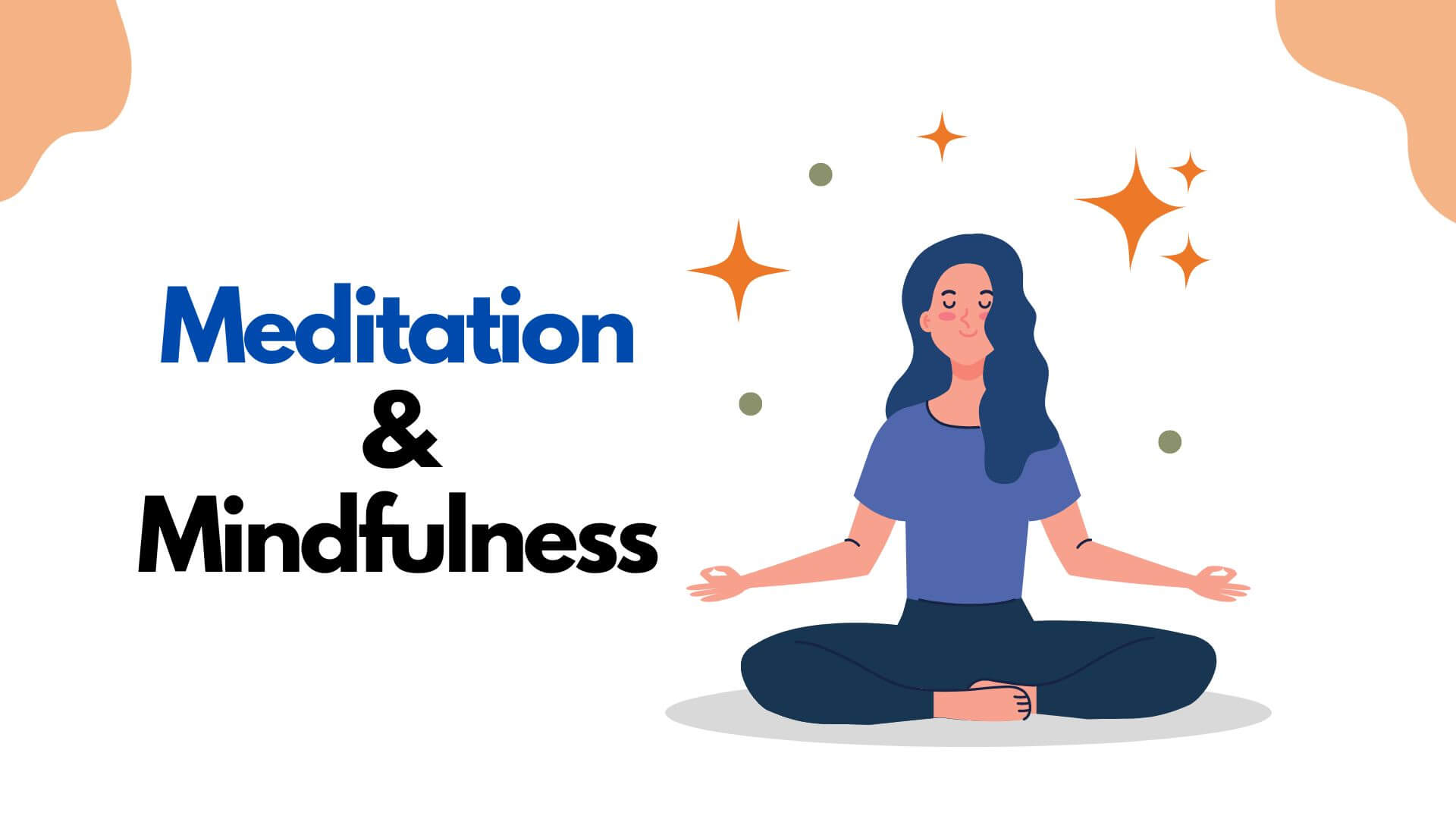Meditation is to be aware of every thought and of every feeling, never to say it is right or wrong, but just to watch it and move with it. In that watching, you begin to understand the whole movement of thought and feeling. And out of this awareness comes silence. –Jiddu Krishnamurti
Meditation is a habit that seems very complicated on the outside. It sometimes can appear as a “special” skill for special people, but nothing could be further from the truth. Meditation is a skill anyone can master in as little as five minutes per day. It also comes with a broad set of benefits.
What are the benefits of meditation?
Mental
You are likely to have a calmer and clearer mind. Meditation gives you more control over your thoughts but it also empowers you to face negative thoughts without spiraling.
Emotional
Meditation comes with a host of emotional benefits as well. For most people, it provides a lasting sense of peace and serenity, which grows the more you practice meditation. It can help reduce anxiety, anger, and other negative emotions.
Physical
Meditation appears to counteract the negative effects of stress on the body. It can improve sleep and also provide benefits for the brain, from a physical perspective.
There are other benefits to meditation. The practice has been studied for many years and has a lot of advantages. But often it can feel difficult to add another habit on top of a really busy life. So, how can we begin to meditate?
Start with a few minutes
Don’t try to begin by meditating for hours on end. Instead, you can easily do this by starting with five minutes or less. The goal is not to do a lot but to take full advantage of the time you do have.
A few minutes is much better than none. As you become more proficient, you may want to increase the time, but many people stick to their five minutes successfully and reap the benefits.
You can usually make time for five minutes of meditation. You can fit it in your morning routine or the time you have before bed. You can even do it while you commute to work, if possible, on your lunch break, or while waiting in line. A more focused, concrete objective is more likely to be achieved.
Don’t try to clear your mind
The stock phrase associated with meditation is “clear your mind.” Many people find that they can’t do that and, so, they think they can’t meditate. However, this is not the right conception of what meditating is. Instead, it involves bringing your focus back whenever it wavers and trying to focus on something specific, like a thought, a phrase, or your breathing.
It’s normal to get distracted, that’s a part of the process. Just gently bring your mind back to where you want it. As you practice, it might become easier. But the process of meditation is trying to keep your focus, not achieving it perfectly.
Get comfortable
Make your meditation comfortable and easy. You don’t need to sit in the cross-legged pose if you don’t want to. You can sit or lie down, whatever’s most comfortable and most viable in the moment. You can close your eyes or keep them open.
You will usually be able to meditate better if you are not too hungry or thirsty, hot or cold. While experienced meditators can do it anywhere, anytime, it’s fine to first try and be as comfortable as you can.
Make it a time for yourself
Meditation is meant to be something you do for yourself. So make it a nice experience. Do it if you want to, and you’re more likely to build a solid habit. You can enhance the experience by pairing it with things you enjoy, like a particular scent. You might also make it part of the time you dedicate to yourself and cultivating this relationship.
If you enjoy meditation and spend five minutes a day very pleasantly, you are very likely to make it a habit. So try to find a way to make meditation a wonderful part of your day.


